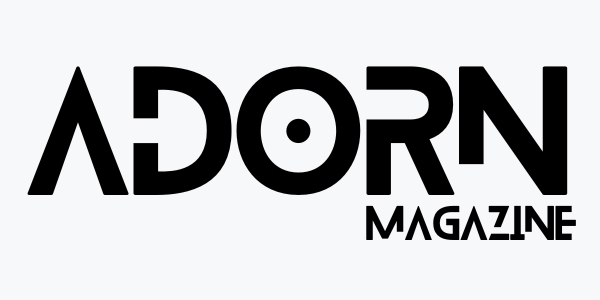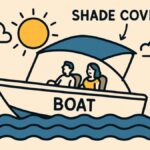Understanding Nevada’s Slip and Fall Laws
Slip and fall accidents frequently result in personal injury claims throughout Nevada, affecting both residents and visitors. Navigating the state’s legal landscape is vital for anyone seeking compensation after such an accident. Whether you slipped in a casino, retail store, or apartment complex, knowing where you stand legally can shape the strength of your claim. If you or a loved one is injured, blakefriedmanlaw.com can provide the legal expertise you need for your situation.
Nevada law places the responsibility of maintaining safe premises on property owners. When hazards—such as wet surfaces, broken tiles, or poor lighting—exist and cause an injury, victims have the right to pursue financial recovery if those hazards resulted from negligence. Understanding the intricacies of these regulations is the first step toward a successful personal injury claim.
Proving negligence by a property owner often requires collected evidence and careful documentation. It’s essential to recognize that each case is unique; however, certain Nevada laws apply broadly to most slip and fall incidents. Acting quickly and gathering information at the onset can make a substantial difference in your outcome.
Notably, slip and fall claims hinge not simply on the occurrence of an accident but on demonstrating that a dangerous condition existed and that the property owner had an opportunity—or should have had an opportunity—to remedy it.
Statute of Limitations for Filing a Claim
In Nevada, there is a strict timeframe in which you must file a personal injury claim after a slip and fall incident. The statute of limitations is generally two years from the date the injury occurred. Missing this deadline typically results in losing your right to pursue compensation in court. Therefore, you should move swiftly after an accident by consulting legal professionals and beginning the process of gathering documentation.
Comparative Negligence Rule
Nevada’s comparative negligence rule means that your level of responsibility in the accident can reduce the compensation you ultimately receive. If the court finds you to be partially at fault—for instance, if you were distracted or failed to heed a warning sign—your award is reduced by your share of negligence. If you’re found to be more than 50% at fault, Nevada law prevents you from recovering any damages at all. This provision makes it especially critical to present clear, compelling evidence regarding the circumstances of your fall.
Proving Liability in Slip and Fall Cases
To establish liability, you must show that another party—usually the property owner or operator—was negligent. This is proven if you can demonstrate:
- The property owner owed you a duty to keep the premises reasonably safe.
- That duty was breached through action or inaction, such as failing to clean a spill or repair damaged flooring.
- The breach directly caused your injury.
- You suffered actual damages (medical bills, lost income, pain, and suffering).
Collecting evidence, such as photographs of the hazard, maintenance records, and witness testimony, plays a pivotal role in substantiating your claim.
Common Defenses Used by Property Owners
Defense strategies by property owners aim to minimize or dismiss your claim. Common arguments include:
- The dangerous condition was so obvious that it should have been avoided.
- There was no reasonable opportunity to discover or mitigate the hazard before the accident occurred.
- The injury was caused by the plaintiff’s own negligence, such as running or not paying attention.
Anticipating these defenses and proactively addressing them with substantial evidence can be the difference between a denied claim and a successful one.
Steps to Take After a Slip and Fall Accident
If you are injured in a slip and fall, the steps you take immediately after can greatly influence your claim’s outcome:
- Seek prompt medical attention, even for minor injuries, as some symptoms might be delayed.
- Report the incident to the property manager or owner and ensure it is documented in writing.
- Photograph the hazardous condition and the overall accident scene.
- Collect the names and contact information of any eyewitnesses.
- Maintain all medical records, bills, and communications related to your treatment and recovery.
- Consult with a Nevada personal injury attorney experienced in slip and fall law for guidance and advocacy.
Potential Compensation in Slip and Fall Cases
If your slip and fall claim is successful, you may receive compensation for a variety of losses, including:
- Medical expenses, both current and future rehabilitative care.
- Lost wages and diminished earning capacity due to prolonged recovery or permanent injury.
- Pain, suffering, and reduced quality of life.
- Emotional distress is linked to the trauma of the incident.
The amount awarded depends on the severity of your injuries, the degree of negligence by the property owner, and your own role in the accident, if any.
Final Thoughts
Being aware of your rights and Nevada’s specific laws is crucial after a slip and fall injury. Act quickly, document everything, and seek legal support to position yourself for the best possible outcome. Understanding these legal nuances helps level the playing field and ensures your interests are protected throughout the claims process.






